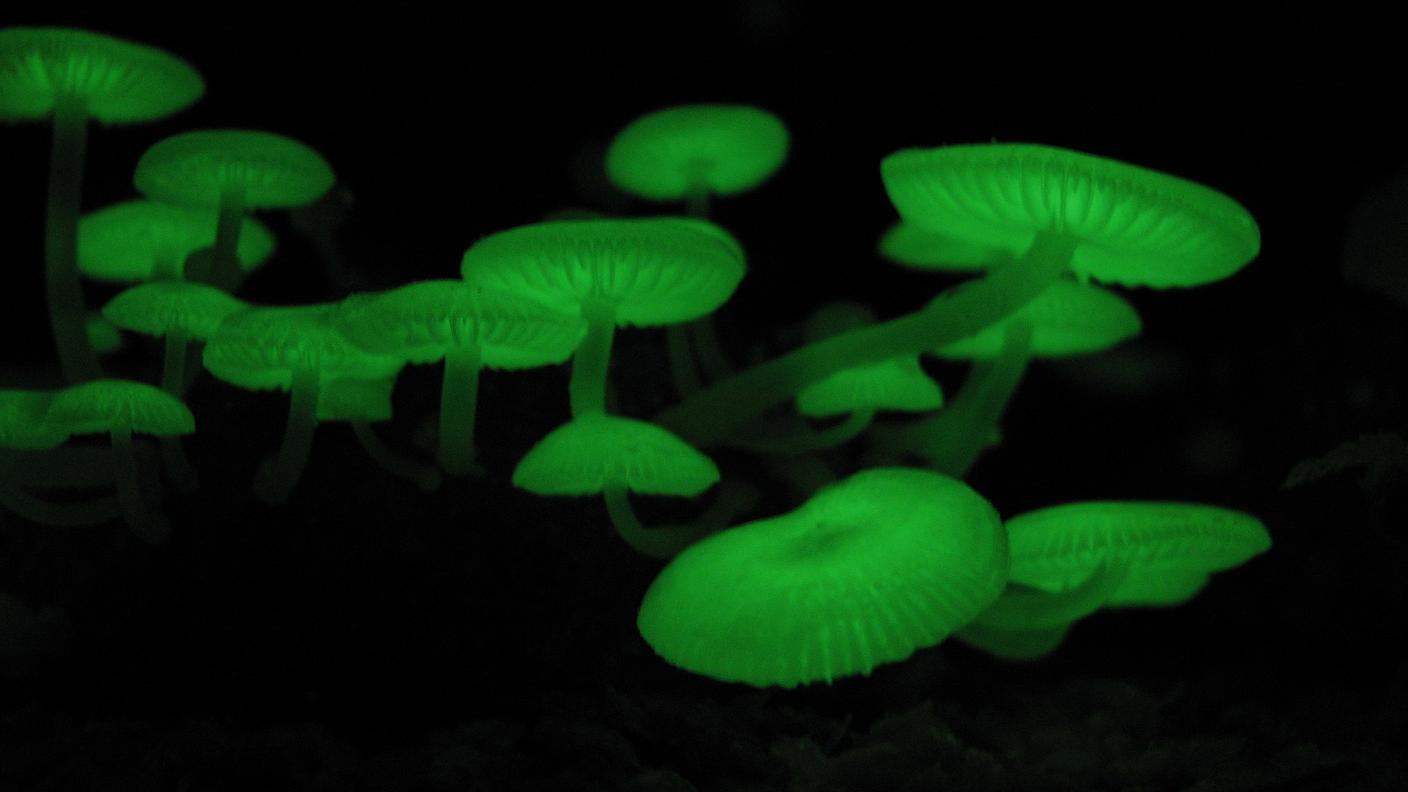References
Bakers and Brewer’s Yeast. 2012.
<bioweb.uwlax.edu/bio203/s2012/vandenla_beth/index.htm>.
Accessed 22 November 2013.
CBS-KNAW Fungal Biodiversity Centre 2000.
<http://www.cbs.knaw.nl/Collections/BioloMICS.aspx?Link=T&TableKey=14682616000000067&Rec=16628&Fields=All>.
Accessed 15 November 2013.
Deane, Arny, Rodrigues, C.J. 1966.
Role of oxidative enzymes in the physiology of the leaf
spot of coffee caused by
Mycena citricolor. Phytopathologische
Zeitschrift 57:375-384.
EcoPort. <http://ecoport.org/ep?SearchType=pdb&PdbID=20254>.
Accessed 22 November 2013.
Encyclopedia of Life. <http://eol.org/pages/1029486/overview>.
Accessed 12 November 2013.
Encyclopdia Brittanica 2013.
<http://www.britannica.com/EBchecked/topic/400221/mycelium/>.
Accessed 23 November 2013.
Mycologia. 2013. <http://www.mycologia.org/content/98/6/982.full>.
Accessed 22 November 2013.
National Oceanic and Atmopsheric Administration.
<http://oceanservice.noaa.gov/facts/biolum.html>. Accessed 22
November 2013.
Rao, D.V., Tewari, J.P. 1986. The production of oxalic acid by
Mycena citricolor,
causal agent of the American leaf spot on coffee.
Phythopathology 77:780-785.
Weitz, Hedda, Campbell, Colin and Killham, Ken. 2002.
Development of a Novel, Bioluminescence-based, Fungal Bioassay
for Toxicity Testing.
Environmental Microbiology 7:422-429.
Weitz, Hedda, Campbell, Colin and Killham, Ken. 2006.
The effect of culture conditions on the mycelial growth and
luminescence of naturally bioluminescent fungi.
Environmental Microbiology 2:165-170.
WiseGeek 2013.
<http://www.wisegeek.com/what-is-metabolic-activity.htm>.
Accessed 23 November 2013.
